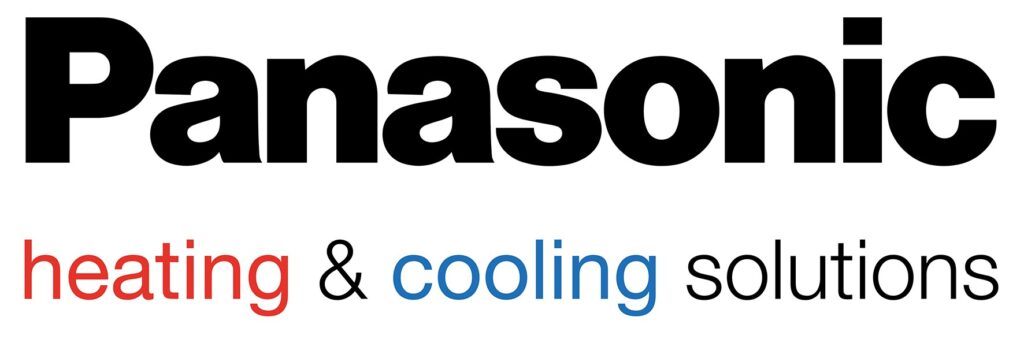
King’s Lynn Ranks Third in the UK for Air Source Heat Pump Uptake
King’s Lynn, a historic market town in Norfolk, has ranked third in the UK for the uptake of air source heat pumps (ASHPs), reflecting a growing local commitment to sustainable energy solutions and carbon footprint reduction.
Analysis from Uswitch revealed that King’s Lynn has one of the highest per capita installations of ASHPs in the UK, positioning it just behind other eco-conscious areas like Cornwall. This green milestone comes as the UK government intensifies its efforts to transition from gas and oil-based heating systems to renewable energy sources, aiming for a net-zero carbon footprint by 2050.
Local authorities and residents alike have embraced ASHP technology, which captures heat from the outside air and converts it into energy to warm homes and water. The technology has been heralded for its efficiency, even in colder climates, and is considered a major advancement in sustainable home heating.
In King’s Lynn, incentives for adopting ASHPs have played a crucial role in driving interest. Through government grants such as the Boiler Upgrade Scheme, many households have found it easier and more affordable to install these systems. The grants typically cover a significant portion of the upfront costs, making ASHPs a more viable alternative to traditional heating systems.
Each ASHP can reduce a household’s carbon emissions by as much as 3 tonnes per year, a significant cut in comparison to gas boilers.
Local installers report a noticeable increase in demand for ASHP systems, with some businesses seeing as much as a 50% surge in inquiries since early 2023. Businesses and installers alike are expanding operations to meet the needs of this growing market, which is creating additional local jobs and stimulating economic growth in the renewable energy sector.
The adoption of ASHPs is likely to rise as public awareness increases and government funding for green technology continues. The hope is that such initiatives will drive the UK closer to meeting its 2050 net-zero targets, while simultaneously helping households manage energy costs and improve heating efficiency.
















